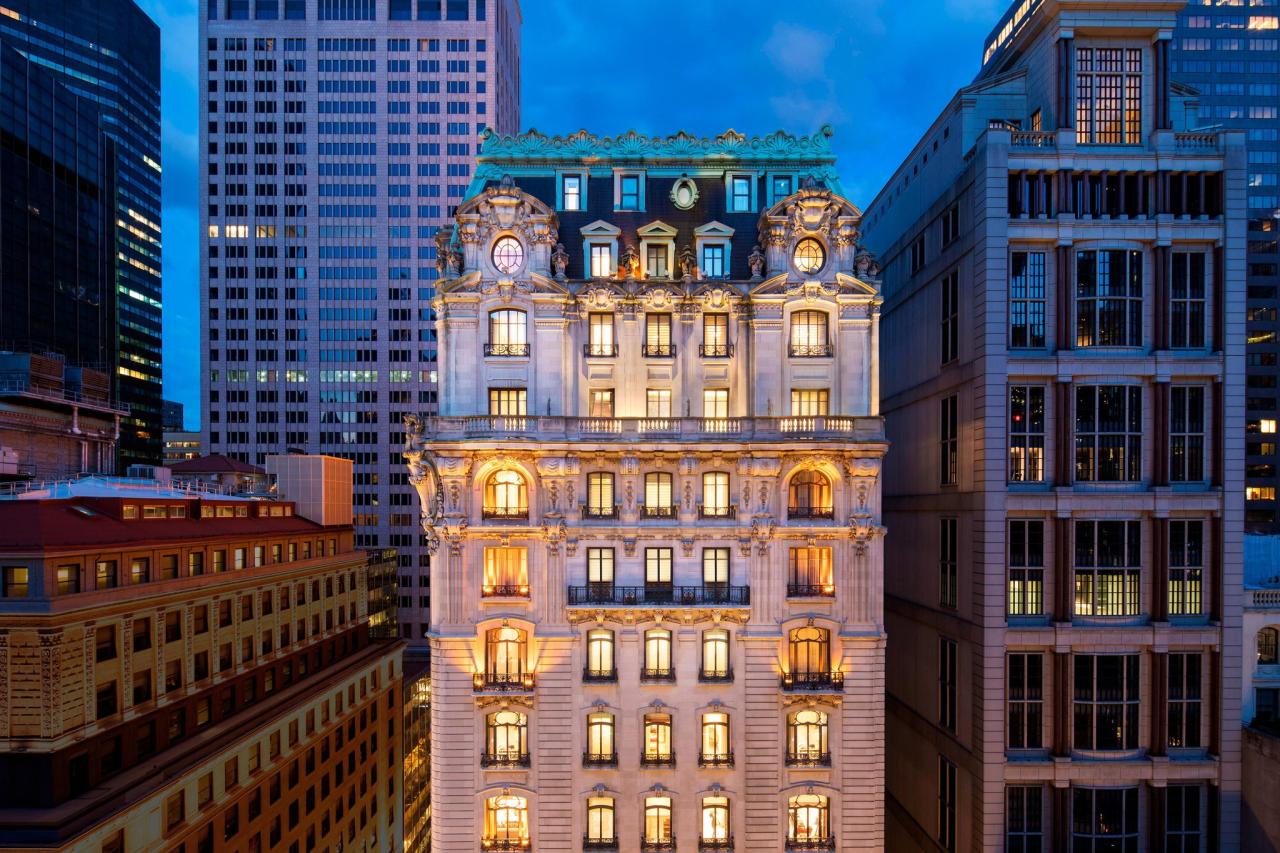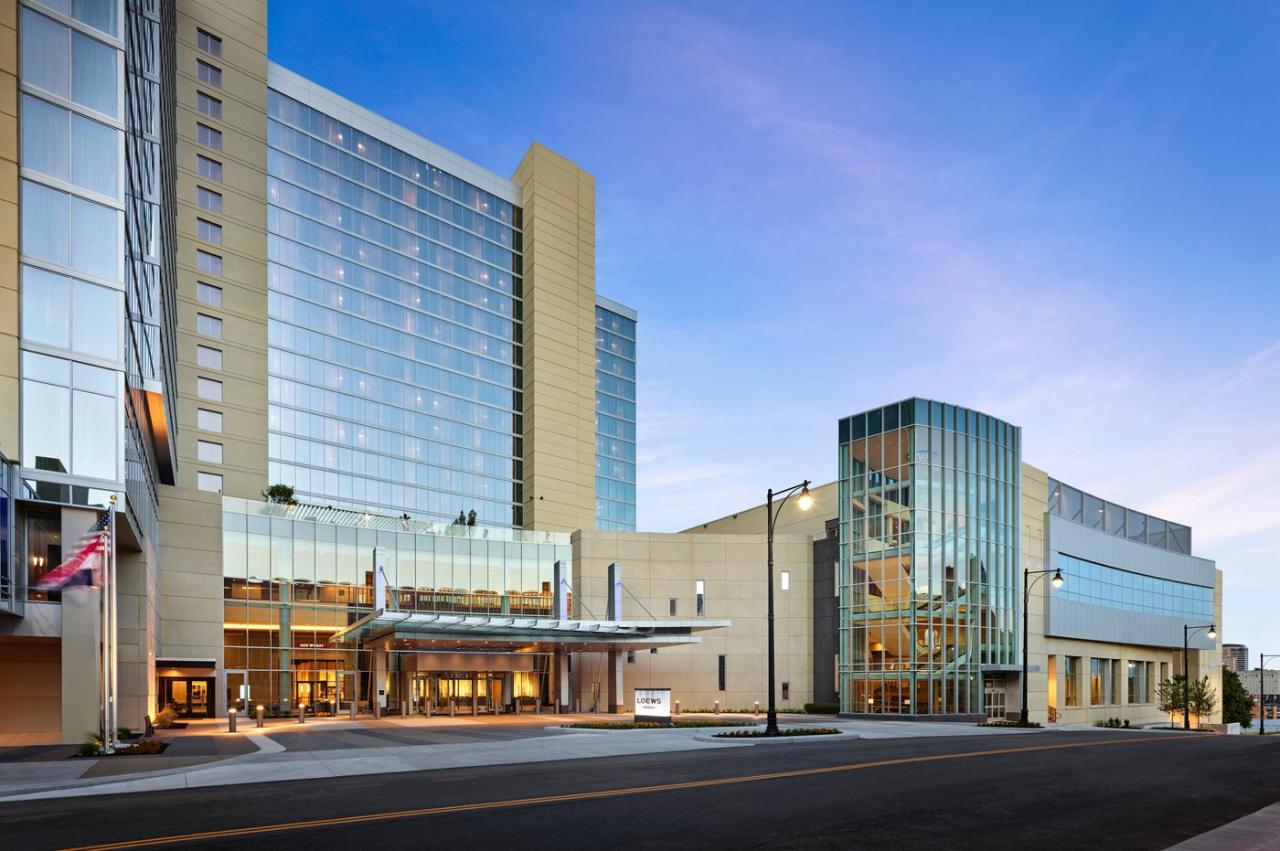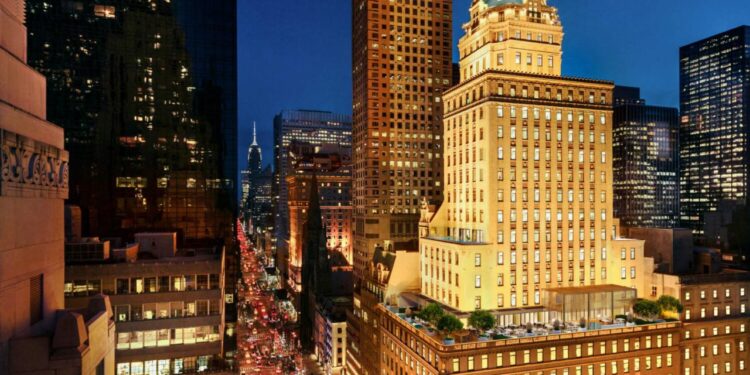In the fast-paced rhythm of modern life, the city hotel has evolved far beyond a mere place to sleep. It is now an integral part of the travel experience, serving as a gateway to urban exploration, a sanctuary from the bustling streets, and a destination in its own right. From sleek skyscrapers with panoramic views to charming boutique hotels tucked away in historic neighborhoods, city hotels offer a diverse range of experiences that cater to every type of traveler. This comprehensive guide will explore the allure of city hotels, the key features that define them, and how to choose the perfect one to elevate your next urban escape. Whether you’re a business traveler, a luxury seeker, or a budget-conscious explorer, this article will help you navigate the vibrant world of city accommodations.
Why Choose a City Hotel for Your Getaway?

The urban environment is a tapestry of culture, commerce, and innovation. A city hotel is your home base for exploring this vibrant world. It offers a unique combination of convenience, luxury, and access that other types of accommodations simply cannot match.
A. Unmatched Convenience and Location: City hotels are strategically located in the heart of the action. They are often within walking distance of major attractions, business districts, and public transportation hubs. This prime location saves you time and money on commuting, allowing you to maximize your time experiencing the city.
B. A Hub of Urban Life: Unlike a resort or a rural retreat, a city hotel places you directly in the middle of local life. You can step out the door and immediately be immersed in the city’s energy, from the aroma of street food to the sound of a bustling market. This direct connection to the urban environment makes for a more authentic and exciting travel experience.
C. Access to World-Class Amenities: City hotels, especially those in the luxury and mid-range segments, offer a wealth of amenities that cater to the modern traveler. This can include rooftop pools with stunning skyline views, world-class restaurants, fully equipped gyms, and business centers. These amenities transform the hotel from a simple place to stay into a full-service experience.
D. Ideal for Business and Leisure: The modern city hotel is designed to serve a dual purpose. It provides business travelers with essential amenities like high-speed internet, meeting rooms, and quiet workspaces, while also offering leisure travelers a comfortable and luxurious base for their explorations. This versatility makes them a perfect choice for “bleisure” trips—combining business with leisure.
E. A Reflection of the City’s Identity: The best city hotels often reflect the unique character and history of their location. A hotel in a historic district might feature classic architecture and vintage decor, while a hotel in a modern financial hub might be a sleek, minimalist masterpiece. This integration of local identity into the hotel’s design creates a more immersive and memorable stay.
Key Features of the Modern City Hotel
The evolution of city hotels has been driven by a demand for more than just a room. Today’s urban accommodations are defined by a suite of features that enhance comfort, convenience, and overall experience.
A. Sleek and Functional Room Design: Modern city hotel rooms are a marvel of efficiency and style. They are designed to be a comfortable sanctuary from the city, with a focus on clean lines, smart storage, and high-quality materials. Key features often include:
* Smart Technology: Rooms with smart TVs, digital thermostats, and bedside panels to control lighting and blinds.
* Ergonomic Workspace: A comfortable desk and chair for business travelers, with ample power outlets and strong Wi-Fi.
* Luxurious Bedding: High-quality mattresses, pillows, and linens to ensure a restful night’s sleep.
B. Exceptional Food and Beverage Offerings: The days of uninspired hotel restaurants are over. Today, city hotels are culinary destinations in their own right. They often feature:
* Signature Restaurants: High-end restaurants run by renowned chefs, attracting both guests and locals.
* Rooftop Bars: Bars with stunning city views, offering craft cocktails and a vibrant social scene.
* Cafes and Bakeries: On-site cafes and bakeries serving gourmet coffee and fresh pastries, perfect for a quick breakfast or a midday snack.
C. State-of-the-Art Wellness Facilities: Health and wellness are a top priority for many travelers. City hotels have responded by offering:
* Modern Fitness Centers: Well-equipped gyms with a variety of cardio machines, free weights, and often, personal training services.
* Rooftop Pools and Spas: Pools with breathtaking views and full-service spas offering a range of treatments and massages.
* Wellness Programs: Some hotels even offer yoga classes, guided meditation, or partnerships with local fitness studios.
D. Cutting-Edge Business and Connectivity: For the modern professional, connectivity is non-negotiable. City hotels ensure seamless work capabilities with:
* High-Speed Wi-Fi: Free and reliable internet access throughout the entire property.
* Dedicated Business Centers: Spaces with computers, printers, and meeting rooms for professional use.
* Co-working Lounges: Some hotels are now incorporating co-working spaces into their design, providing a modern and flexible environment for remote work.
E. Personalized and Tech-Enabled Services: The service in city hotels has been revolutionized by technology. This can include:
* Mobile Check-in: The ability to check in via a mobile app, bypassing the front desk.
* Digital Concierge: An app or in-room tablet that allows you to request services, book reservations, and get local recommendations.
* Personalized Guest Experiences: Staff who use data to anticipate your needs and offer a tailored experience, from your preferred type of pillow to your favorite drink.
How to Choose the Right City Hotel

With so many options, choosing the right city hotel can be overwhelming. Here’s a step-by-step guide to help you find the perfect match for your travel style.
A. Define Your Purpose: Are you traveling for business, a romantic getaway, a family vacation, or a solo adventure? Your purpose will dictate your priorities. A business traveler might prioritize a hotel near their office with a good desk, while a leisure traveler might prioritize a hotel with a great pool and a central location for sightseeing.
B. Consider the Location: The location of your hotel is everything. Do you want to be in the bustling city center, a quiet residential neighborhood, or a vibrant arts district? Use online maps and read reviews to get a sense of the hotel’s immediate surroundings and its proximity to the attractions you want to visit.
C. Read Reviews and Look for Specific Keywords: When Browse websites like TripAdvisor or Booking.com, don’t just look at the star rating. Read the reviews and search for keywords that are important to you. For a business trip, search for “Wi-Fi,” “desk,” or “quiet.” For a family trip, search for “pool,” “family-friendly,” or “spacious.”
D. Compare Amenities and Services: Create a list of your non-negotiable amenities and compare hotels based on what they offer. This could be anything from a 24/7 fitness center and a complimentary breakfast to a laundry service and a rooftop bar.
E. Check for Special Packages and Deals: Many city hotels offer special packages that can provide great value. This could be a “romance package” that includes a complimentary bottle of wine, a “business package” that includes airport transfers, or a “family package” that includes tickets to a local attraction.
F. Call the Hotel Directly: If you have any specific questions or needs, calling the hotel directly is always the best option. You can ask about the size of the rooms, the type of beds, and any special services they offer. This also gives you a chance to gauge the staff’s helpfulness and friendliness.
The Future of City Hotels
The city hotel industry is constantly evolving to meet the changing needs of travelers. The future promises even more innovative and personalized experiences.
First, there will be an even greater focus on sustainability. Future city hotels will likely incorporate more green technologies, from solar panels and water recycling systems to urban farms on their rooftops. They will also prioritize local sourcing and waste reduction.
Second, the line between hotels and co-working spaces will continue to blur. We can expect to see more hotels offering flexible, shared workspaces and a more community-focused atmosphere, catering to the growing number of digital nomads and remote workers.
Third, hyper-personalization will become the norm. Hotels will use advanced data analytics to create a unique and tailored experience for each guest, from personalized welcome messages to customized itineraries and recommendations based on their interests and past behaviors.
Finally, we will see a greater integration of technology and design. Hotels will be more than just smart buildings; they will be interactive and immersive environments, where guests can use augmented reality to explore the city from their room or use virtual reality to visit a local museum.
Conclusion
The city hotel is no longer just a place to stay; it is a vital part of the urban travel experience. It serves as a comfortable, convenient, and luxurious base for exploration, offering a perfect blend of modern amenities and local character. By carefully considering your needs and doing your research, you can choose a city hotel that not only meets your expectations but also enhances your entire trip. From the sleek design of a high-rise to the intimate charm of a boutique hotel, the right accommodation can transform your urban escape from a simple visit into an unforgettable journey. It is a testament to the idea that a hotel can be more than just a place to rest—it can be a destination in its own right, a sanctuary in the heart of the city, and a gateway to a world of new experiences. So, the next time you plan to explore a new city, remember to choose your hotel wisely. It might just be the most memorable part of your adventure.






Discussion about this post